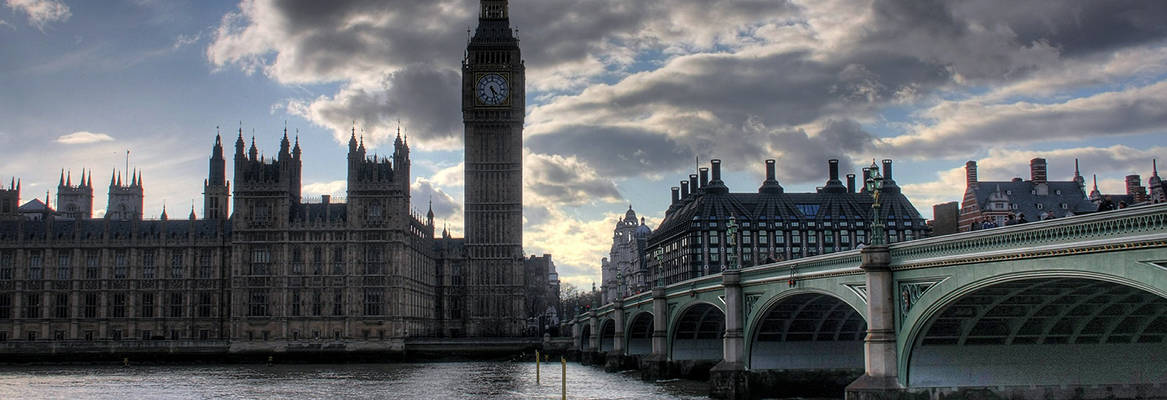International Trade Matters associate, Gary Baylis attends House of Commons discussion on issues facing food & drink exporters
Gary recently took part in a Panel Discussion on Challenges for Exporters at the House of Commons, organized by the Food & Drink Exporters Association (FDEA) and sponsored by John Stevenson MP.
The meeting of representatives of major exporters and industry support organizations heard speeches from Tim Render, Director at DEFRA & Head of the Great British Food Unit and Phil Earl, Deputy Director, Goods, Agricultural & Fisheries, Department for Exiting the EU (DEXEU).
Questions put to the government department representatives by delegates inevitably focused on potential challenges facing the food and beverage industry after Brexit. In particular, concerns were raised about the current and future arrangements for employing foreign workers, especially in the agricultural production, fruit and food processing sectors. Although no specific reassurance could be elicited from the DEFRA and DEXEU representatives, they were left in no doubt about the need for government to address the need for a continuing supply of unskilled labour for the food industry. As the only short-term solution would be the continuing employment of foreign workers, it was generally agreed that the government would have to find a way implementing and managing a temporary work permit system for foreign workers which would come into operation immediately after the termination of freedom of movement to the UK currently enjoyed by EU citizens.
As might be expected, the audience was composed of those who were pessimistic about the potential challenges and difficulties that Brexit might bring forth and those who were optimistic about the prospects of free trade in new global markets. Whilst some had reservations about the demand in overseas regions for UK products, others were bullish about the quality, innovation and enterprise that brand GB has to offer the world.
No one can yet say with complete confidence what the landscape will look like for exporters after Brexit – there are simply too many variables to consider. However, it’s as well to understand that, whilst politicians can certainly facilitate, regulate or obstruct, at the end of the day, it’s business that drives international trade, not governments. Ultimately, our future prosperity will rely on the dynamism, commitment and talent of those businesses who make the new trade agreement with the EU work and who find new markets in the wider world.





You must be logged in to post a comment.